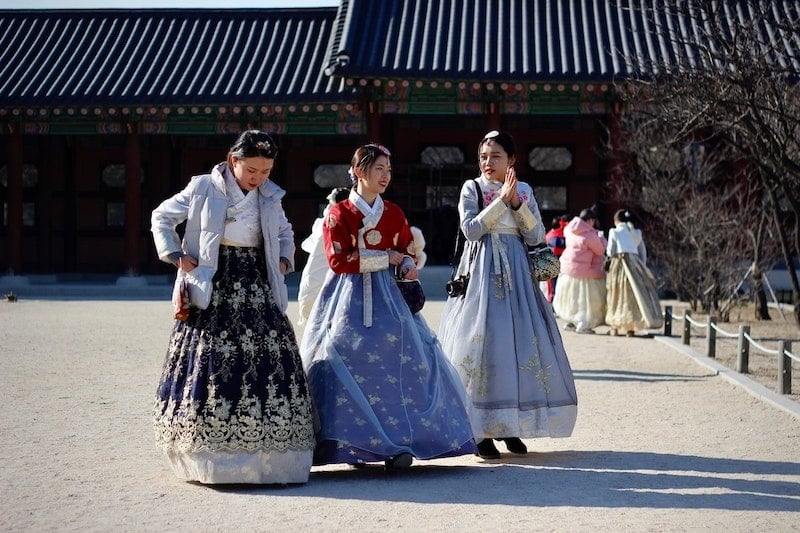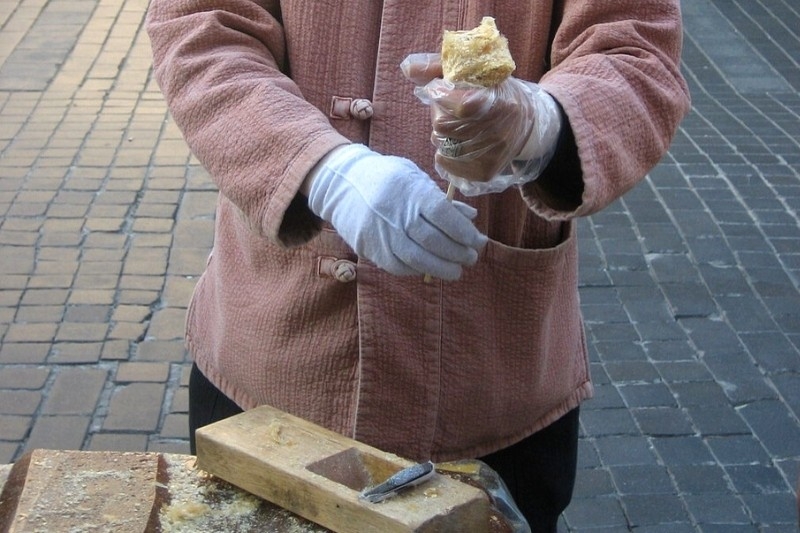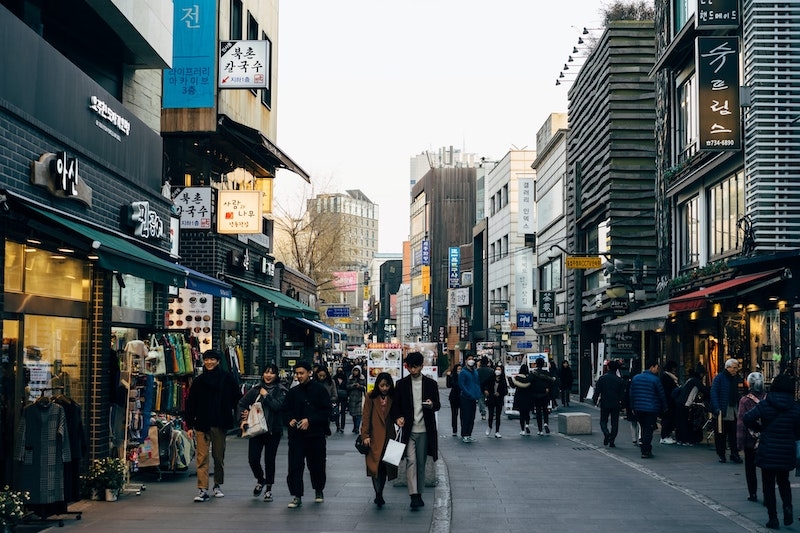“You keep using that word. I do not think it means what you think it means” is an iconic line from the 1987 fantasy adventure movie The Princess Bride, and it can serve as an important reminder to any aspiring polyglot or linguaphile as well. Certain phrases and expressions can take on different meanings or become lost in translation. If you’re trying to learn Korean, for example, there are several words you need to avoid when you don’t want to appear like an ill-mannered tourist, let alone in the language that you’re attempting to master.
In our Korean language series, we talked about the most common Korean phrases and terms of endearment that you should know. Here’s a short introduction to the awkward, impolite, or potentially offensive expressions you shouldn’t say on your next visit to South Korea.
Also read: All the Dos and Don’ts in South Korea That Locals Wish You Knew!
1. Cheonmaneyo – “You’re welcome”

Many Korean textbooks mention “cheonmaneyo” as a direct translation for “you’re welcome.” But when it comes to casual conversations in South Korea, this phrase is rarely uttered by the locals because it sounds a bit stiff in their everyday language. Rather, the smoother response to someone thanking you is “gwaenchanayo” or “anieyo,” which are two ways of saying, “It’s alright” or “No problem.” These answers will make your exchanges sound more natural, less like you’re speaking as a foreigner who picked up a phrasebook for the first time.
2. Yeotmeogeo – “Eat yeot”

Image credit: by gliuoo
Yeot, or taffy in English, is a traditional Korean sticky-sweet candy made from steamed rice, sweet potatoes, or mixed grains. Now, you might be wondering, “What’s wrong with eating yeot?” Absolutely nothing, yeot is a wonderful delicacy — by all means, chow down on all the yeot you want! But in its modern-day usage, the Korean phrase “yeotmeogeo” is telling someone to “eat shit” or “f*ck off.”
Infamously, this confection-turned-swear word was hurled at South Korea’s football team after their early departure from the 2014 FIFA World Cup in Brazil. As the team lined up for photographs at the airport, an outraged fan lobbed several taffy candies at the players’ feet.
3. Michin – “Crazy”
In English, saying “girl, you are so crazy” can still be affectionate banter between close friends. Telling this to someone in South Korea, though? That’s asking for trouble. “Michin” translates to “crazy” or “insane,” but not just in an offhand kind of way. It’s more like you’re accusing someone of mental illness or questioning their state of mind. Even if you say this with the politest and most angelic smile, it will still sound deeply offensive to the locals. The lesson here? Don’t call anyone crazy in South Korea, period.
4. Gaesaekki – “Son of a dog” or “son of a bitch”
We’re just making wild guesses here, but maybe you shouldn’t go around South Korea cussing out people and calling them sons of bitches? Dogs are adorable and we love them, and the Korean word “gae” (“dog) can be used in everyday communication without hesitation. It only becomes offensive when you whip out the phrase “gaesaekki,” which means “son of a dog” or “son of a bitch.” This goes without saying, but try to avoid saying inappropriate or bad Korean words like these on your next visit to the Land of the Morning Calm.
5. Kkorichida – “Wagging tail”
According to lifestyle vlogger Rachel Kim, you should not use “kkorichida” (“wagging tail”) when referring to Korean women. It means “flirting,” which in itself is perfectly fine, but this phrase has a derogatory connotation that can be insulting and hurtful.
Here’s an example: “She’s totally wagging her tail at Professor Thomas to get an A.” In this scenario, “wagging tail” casts the woman in a bad light because it insinuates that she’s flirting with ulterior motives and bad intentions, like going after someone’s money or currying their favour. Even worse, this is usually a gendered insult aimed at women to accuse and shame them.

Image credit: Markus Winkler
Also read: All The Best Apps and Online Courses for Korean Language Lessons
When you run the risk of offending the locals or looking like an insensitive foreigner, you have more than enough reason to avoid Korean words like these. Always make sure to double-check the words you use in South Korea. More importantly, don’t throw around words carelessly until you’re absolutely sure of what they mean.





